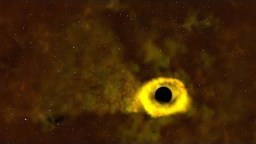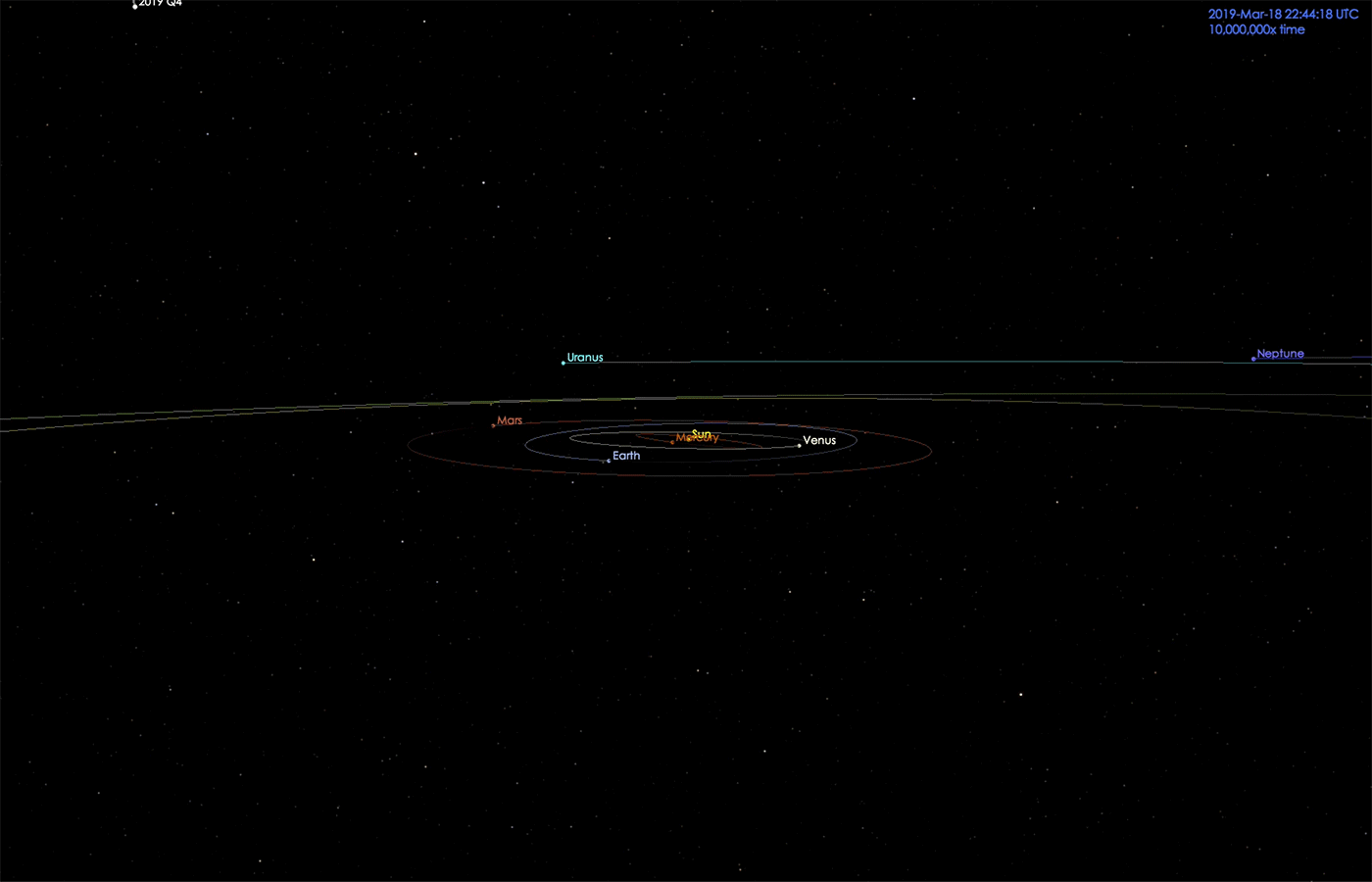Paul Ratner
Contributing Writer
Paul is a writer, filmmaker, and educator. He has written for years for Big Think and other outlets on transformative scientific research, history, and current events. His award-winning films like the true-life adventure "Moses on the Mesa" and the science documentary "The Caveman of Atomic City" have played at film festivals around the world. Paul also organizes numerous unique educational events, renowned film festivals, and competitions for thousands of people. He has degrees from Cornell University (BA) and Chapman University (MFA). You can follow Paul's work at paulratnerimagines.com, on Instagram, and Facebook.
Researchers find what causes the glow coming from the densest objects in our universe.
Researchers discovered a mysterious quantum effect that breaks a 60-year-old physics theorem.
Doctors put a human into suspended animation for the first time ever.
A mysterious startup reveals a groundbreaking solar energy achievement.
A study found alarming changes in the bodies of astronauts aboard the International Space Station.
Researchers propose a gravity-based system for long-term energy storage.
Researchers develop a novel method to measure gravity that can get much more information.
New research finds how power dynamics shape the speech of men and women.
A company claims to make the world’s first humanoid android and offers ‘digital immortality”.
A historic NASA probe sends back a treasure-trove of information from billions of miles away.
An Oxford scientist claims a Nobel-Prize-winning conclusion is wrong.
A DNA study looks for the home of the earliest modern humans.
Data centers are likely to consume up to 4.1% of electricity around the globe by 2030. Can they go green?
An Oxford scientist’s controversial theory rethinks dark matter and dark energy.
Psychologists discover why people participate in scary attractions.
Scientists find common chemicals can negatively impact pregnant women.
Philosopher Nick Bostrom’s “singleton hypothesis” predicts the future of human societies.
Scientists from John Hopkins find a material for quantum computing.
Orgasms don’t always mean a sexual encounter is positive, find psychologists.
Scientists discover the inner workings of an effect that will lead to a new generation of devices.
Artificial intelligence has proven equal and even better than humans in making some diagnoses.
The TESS satellite captures rare images of a cataclysmic event in a faraway galaxy.
▸
with
Scientists find that bursts of gamma rays may exceed the speed of light and cause time-reversibility.
A new study finds an unexpected trait that young people want in a lifelong partner.
Japanese physicists devise technology to discover axion dark matter.
A NASA robot on Mars sends back unusual findings, including timed magnetic pulses.
Repeating lies makes people believe they are true, show studies.
An amateur astronomer discovers an interstellar comet on its way to our Sun.
A group of at least 20 kids in Spain gets a rare illness with historical roots.
A scientist in Sweden makes a controversial presentation at a future of food conference.





























